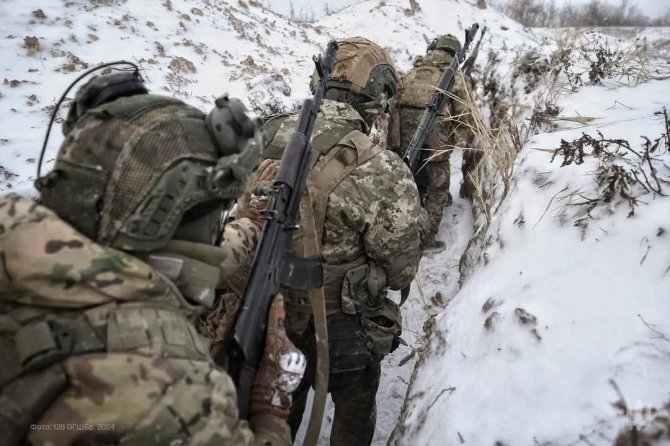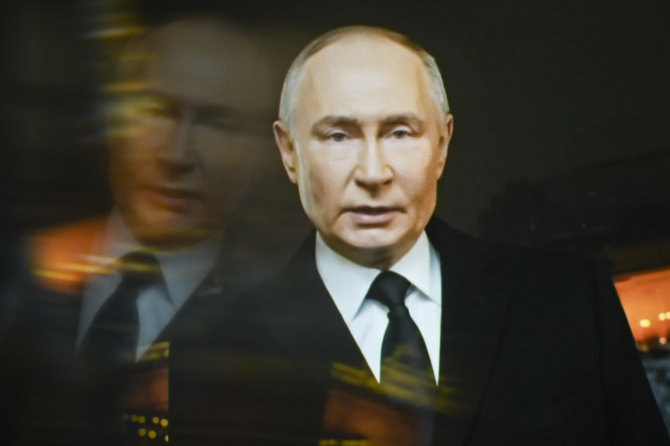In less than two weeks, Donald Trump will be sworn in as the 47th President of the United States. The world is eagerly awaiting his first steps, and many see his promise to end the war in Ukraine as one of the main intrigues.
Speaking on Tuesday, he hinted that it may realistically take half a year to end the war.
But Russia and Ukraine are already exhausted from nearly three years of conflict. Russian President Vladimir Putin, who had planned a blitzkrieg, faced an unexpected struggle that dragged on for years. Ukraine, despite its heroic resistance, lacks military personnel.
“Many believe that peace, even temporary, can be beneficial. But at what price?”, T. Collins asks.
Historical parallels
The British colonel reminded that in 1905 Russia signed the Treaty of Portsmouth, ending the war with Japan. The Russian fleet suffered crushing defeats, and the country was forced to modernize its military. This period of reforms caused Germany to fear that by 1916 The Russian military would be invincible, and pushed it into World War I.
Peace will allow V. Putin to stay in office and win a certain victory, noted T. Collins. He can use this time to reorganize his forces, modernize his army and learn from his defeats. Like Tsarist Russia after its defeat by Japan, Putin can plan new strikes when his military is ready.
“Ukraine, like Germany in 1914, may decide that it is better to strike before Russia regains its strength,” the author of the article believes.
According to him, V. Putin has already learned the lessons about the weaknesses of the West. He sees social vulnerability caused by internal conflicts, such as the Black Lives Matter movement or tensions over immigration. In such a scenario, he can imagine that divided and demoralized Western societies could become easy prey for information and cyber attacks.
Theoretically, there are many millions of young people of fighting age in Europe, but too many of them do not consider themselves as potential soldiers, which can weaken Europe’s ability to defend itself against possible aggression, thinks T.Collins.
The officer’s guess is that V. Putin would most likely seek to restore the old borders of the Soviet Union, creating client states in Western Europe and strengthening his influence in the world.
Lessons from the war in Ukraine
The war in Ukraine changed the rules of engagement. New technologies such as drones, hypersonic missiles, precision weapons and cyber warfare have become decisive.
Whoever manages to dominate the resource, industrial and social spheres will be able to produce technologically superior equipment and win on the battlefield. But even the most advanced weapons do not replace the will to fight and win.
“Ukrainians probably do not expect a long-term peace that can be achieved, for example, through the conditional Mar-a-Lag agreement. They will prepare for the next round of war. The only question is how the West will prepare for him,” noted The Telegraph.
As previously reported by the British publication “The Guardian”, Trump’s inauguration can become a starting point for the preparation of peace talks between Ukraine and Russia.
It should be noted that so far neither Kyiv nor Moscow is ready to make concessions to end the war. For example, V. Putin has repeatedly taught that he wants to keep the seized territories, and Volodymyr Zelensky is interested in significant security guarantees to prevent further escalation of Russian actions. Among such guarantees are Ukraine’s membership in NATO or the presence of Western peacekeepers in the country.
Source: www.15min.lt




